In economics, hope and faith coexist with great scientific pretension and also a deep desire for respectability
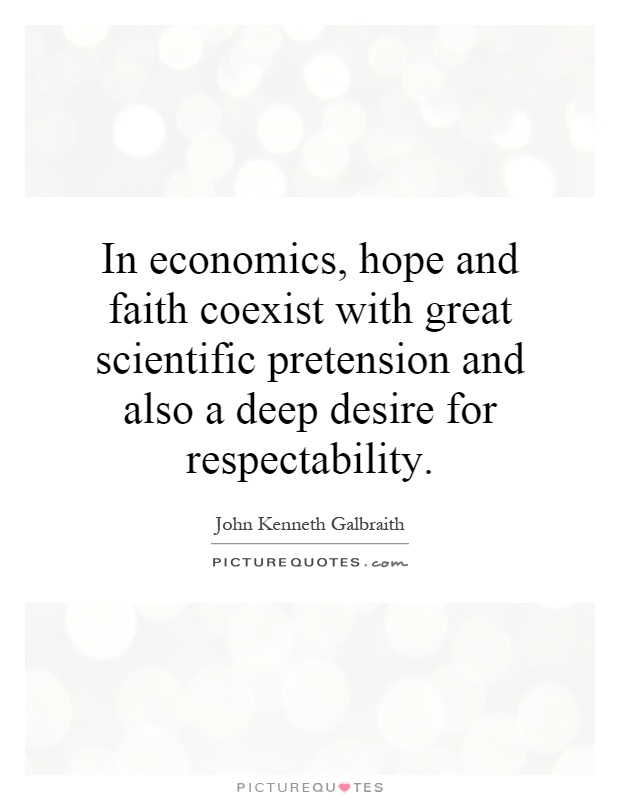
In economics, hope and faith coexist with great scientific pretension and also a deep desire for respectability
John Kenneth Galbraith, a renowned economist and public intellectual, was known for his sharp wit and insightful analysis of economic issues. Throughout his career, he often commented on the intersection of hope, faith, and scientific pretension in the field of economics.Galbraith believed that economics was not just a dry, mathematical science, but a discipline deeply intertwined with human emotions and beliefs. He argued that economists often relied on hope and faith to make predictions about the future, as the complexities of the global economy made it impossible to predict with absolute certainty. In his book "The Affluent Society," Galbraith famously coined the term "conventional wisdom" to describe the prevailing beliefs and assumptions that guide economic policy, even in the face of contradictory evidence.
At the same time, Galbraith was critical of the scientific pretensions of many economists, who he believed often used complex mathematical models to obscure the underlying social and political factors driving economic behavior. He argued that economics should be more focused on understanding the real-world implications of economic policies, rather than getting lost in abstract theories and equations.
Despite his skepticism of the scientific pretensions of economics, Galbraith also recognized the importance of respectability in the field. He believed that economists had a responsibility to engage with policymakers and the public in a way that was both intellectually rigorous and accessible. By combining academic rigor with a commitment to social justice, Galbraith sought to elevate the status of economics as a respected and influential discipline.
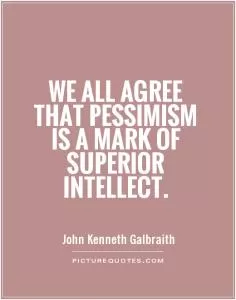

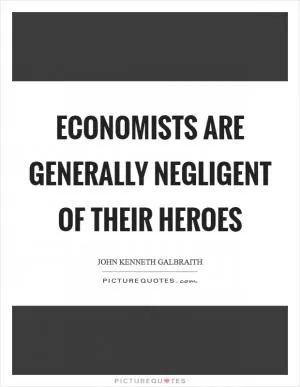
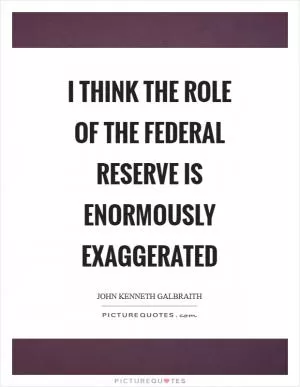





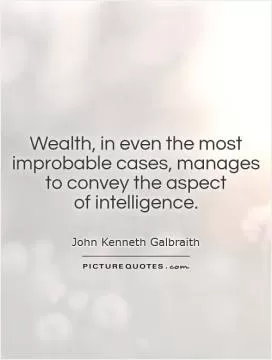


 Friendship Quotes
Friendship Quotes Love Quotes
Love Quotes Life Quotes
Life Quotes Funny Quotes
Funny Quotes Motivational Quotes
Motivational Quotes Inspirational Quotes
Inspirational Quotes